Data Science with Python Certification Course
- 131k Enrolled Learners
- Weekend
- Live Class
With the continuous generation of data, the need for Machine Learning and Data Science has increased exponentially. This demand has pulled a lot of non-IT professionals into the field of Data Science. This blog on Data Science and Machine Learning For Non-Programmers is specifically dedicated to non-IT professionals who are trying to make a career in Data Science and Machine Learning without the experience of working on programming languages.
Data Science and Machine Learning have drawn professionals from all backgrounds. The reason for this demand is the fact that currently, everything around us runs on data.
Data is the key to grow businesses, solve complex real-world problems and build effective models that will help in risk analysis, sales forecasting and so on. Data Science and Machine Learning is the key to finding solutions and insights from data.

Data Science is an umbrella term that covers a wide range of domains, including Artificial Intelligence (AI), Machine Learning and Deep Learning.
Let’s break it down:
Artificial Intelligence: Artificial Intelligence is a subset of Data Science which allows machines to simulate human-like behavior.
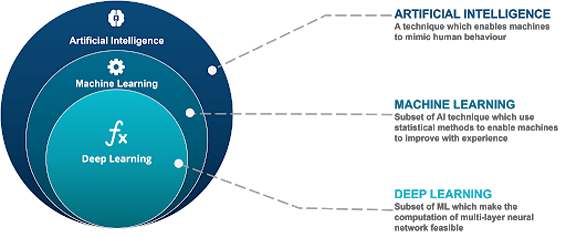
Machine Learning: Machine learning is a sub-field of Artificial Intelligence which provides machines the ability to learn automatically & improve from experience without being explicitly programmed to do so.
Deep Learning: Deep Learning is a part of Machine learning that uses various computational measure and algorithms inspired by the structure and function of the brain called Artificial Neural Networks (ANN).
Therefore, Data Science revolves around the extraction of insights from data. To do so, it uses a number of different technologies and methods from various disciplines, like Machine Learning, AI and Deep Learning. A point to note here is that Data Science is a very vast field and does not exclusively rely on these techniques.
Now that you know the basics, let’s understand the benefits of using Data Science and ML tools.
Here’s a list of reasons that will help you understand the benefits of using Data Science tools:
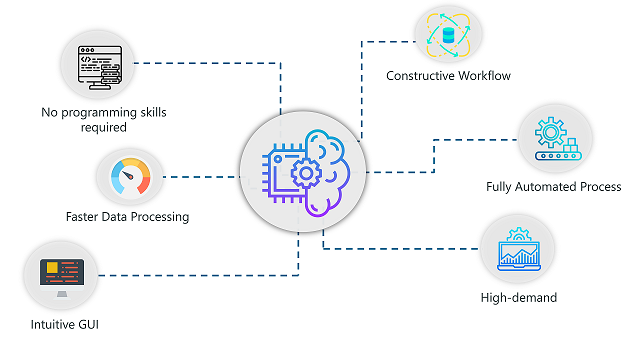
Now that you know the advantages of using Data Science and Machine Learning tools, let’s take a look at the top tools that any non-programmer can use:
In this section, we’ll discuss the best of the Data Science and Machine Learning tools for non-programmers. Please note that this list is in no particular order.
Here’s a list of Data Science and Machine Learning tools that are discussed below:
It’s no surprise that RapidMiner made it to this list. One of the most widely used Data Science and Machine Learning tools preferred by not only beginners who are not well equipped with programming skills but also by experienced Data Scientists. RapidMiner is the all in one tool that takes care of the entire Data Science workflow, from data processing to data modeling and deployment.
If you’re from a non-technical background, RapidMiner is one of the best tools for you. It provides a strong GUI that only requires to dump the data, there is no coding required. It builds predictive models and Machine Learning models that use convoluted algorithms to achieve precise outputs.
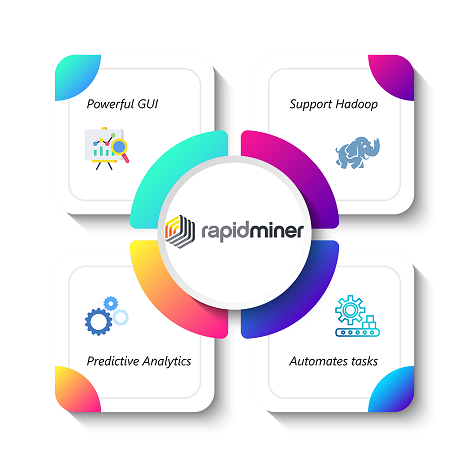
Here’s are some of its key features:
DataRobot is an automated Machine Learning platform that builds precise predictive models to perform extensive data analysis. It is one of the best tools for data mining and feature extraction. Professionals with less programming experience go for DataRobot because it is considered to be one of the most simple tools for data analysis.
Like RapidMiner, DataRobot is also a single platform that can be used to build an end to end AI solution. It uses the best practices in creating solutions that can be used to model real-world business cases.
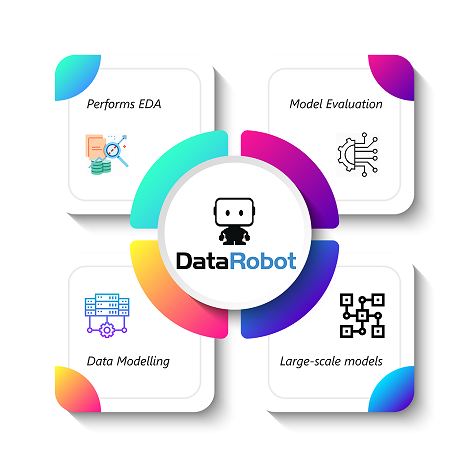
Here are some of its key features:
BigML eases the process of developing Machine Learning and Data Science models by providing readily available constructs that help in classification, regression and clustering problems. It incorporates a wide range of Machine Learning algorithms and helps to build a strong model without much human intervention, this lets you focus on important tasks such as improving decision making.
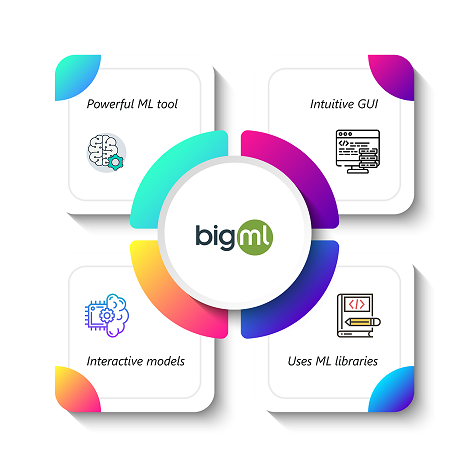
Here are some of its key features:
MLbase is an open-source tool that is one of the best platforms used to create large scale Machine Learning projects. It addresses the problems faced while hosting complex models that require high-level computations.
MLBase uses three main components:
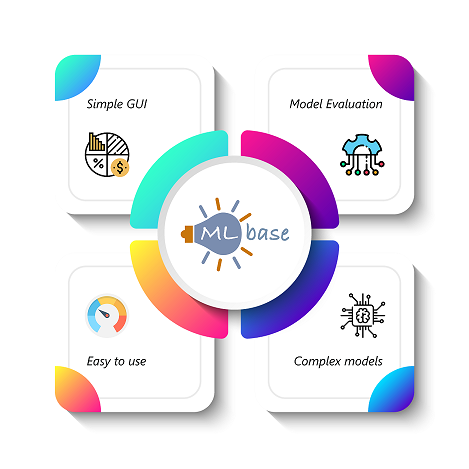
Here are some of its key features:
Transform yourself into a highly skilled professional and land a high-paying job with the Artificial Intelligence Course.
Cloud AutoML is a platform of machine learning products that allows professionals with limited experience in Data Science to train high-end models specific to their business needs. One of the best Machine Learning platforms with over 10 years of trained Google Research constructs to help you build predictive models that out-perform all traditional computational models.
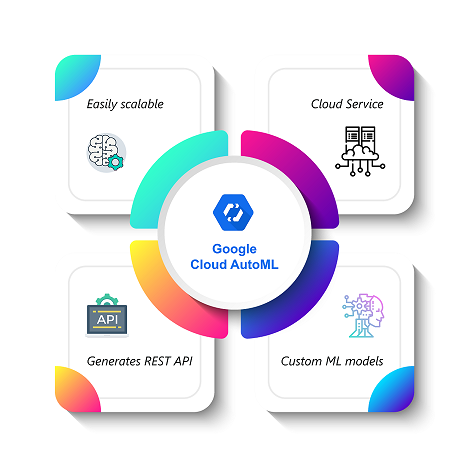
Here are some of its key features:
Auto-WEKA is an open-source GUI based tool which is ideal for beginners since it provides a very intuitive interface for performing all Data Science related tasks.
It supports automated data processing, EDA, Supervised and Unsupervised learning algorithms. This tool is perfect for newbies who are just getting started with Data Science and Machine Learning. It has a community of developers, who were kind enough to publish tutorials and research papers about using the tool.
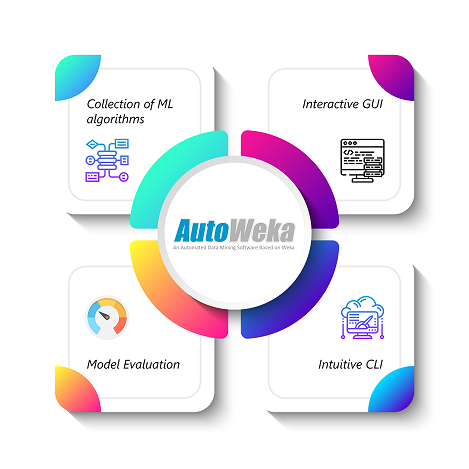
Here are a few features of the tool:
IBM Watson Studio
We’re all aware of how much IBM has contributed to the AI-driven world. Like most services provided by IBM, IBM Watson Studio is an AI-based tool used for extensive data analysis, Machine Learning, Data Science and so on.
It aids organizations to ease the process of data analysis and takes care of the end-to-end workflow, from data processing to deployment. It is one of the most recognized tools for Data Science and Machine Learning in the market.
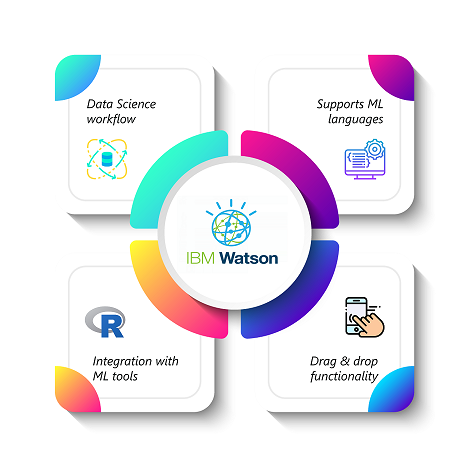
Here are some key features of IBM Watson Studio:
Tableau is the most popular data visualization tool used in the market. It allows you to break down raw, unformatted data into a processable and understandable format. Visualizations created by using Tableau can easily help you understand the dependencies between the predictor variables.
Though Tableau is mainly used for visualization purpose, it can also perform data analysis and exploration.
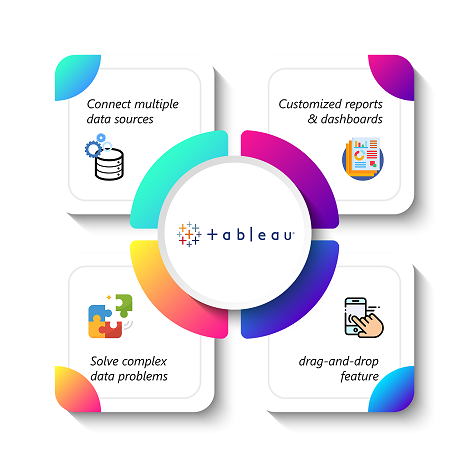
Here are a few features of Tableau:
Trifacta is an enterprise data wrangling platform for meeting your business needs. Understanding exactly what is in your data and how it will be useful for different analytic explorations is the key to identifying the value of the data. Trifacta is considered the best tool for performing data wrangling, cleaning, and analysis.
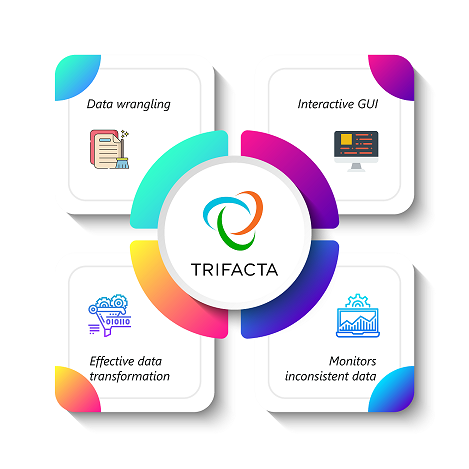
Here are a few features of Trifacta:
KNIME is an open-source data analytics platform aimed at creating out of the box Data Science and Machine Learning applications. Building Data Science applications involves a series of tasks that are well managed by this fully automated tool. It provides a very interactive and intuitive GUI which makes it easy to understand the whole Data Science methodology.
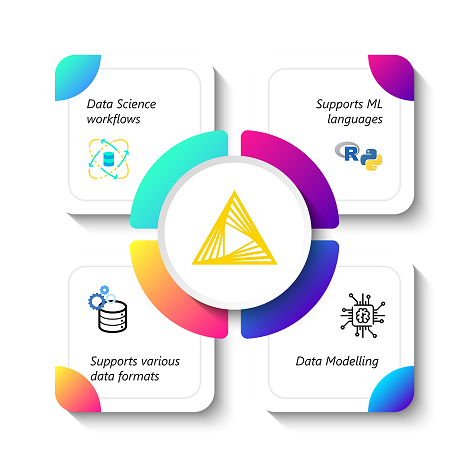
Here are a few features of KNIME:
Now that you know the top tools for Data Science and Machine Learning for non-programmers, I’m sure you’re curious to learn more. The need for Data Science with Python programming professionals has increased dramatically, making this course ideal for people at all levels of expertise. The Python for Data Science Course is ideal for professionals in analytics looking to work in conjunction with Python, Software, and IT professionals interested in the area of Analytics and anyone with a passion for Data Science. Here are a few blogs that will help you get started with Data Science:
Edureka has a specially curated Data Science Course that helps you gain expertise in Machine Learning Algorithms like K-Means Clustering, Decision Trees, Random Forest, and Naive Bayes. You’ll also learn the concepts of Statistics, Time Series, Text Mining, and an introduction to Deep Learning. You’ll solve real-life case studies on Media, Healthcare, Social Media, Aviation, and HR. New batches for this course are starting soon!!
If you want to excel in your career you can take Machine Learning Certification Course using Python from Edureka. Don’t just blindly trust someone’s word, here is the link to the Course Curriculum, have a look at it and see if you find it really worth investing your time and effort.
 Thank you for registering Join Edureka Meetup community for 100+ Free Webinars each month JOIN MEETUP GROUP
Thank you for registering Join Edureka Meetup community for 100+ Free Webinars each month JOIN MEETUP GROUPedureka.co